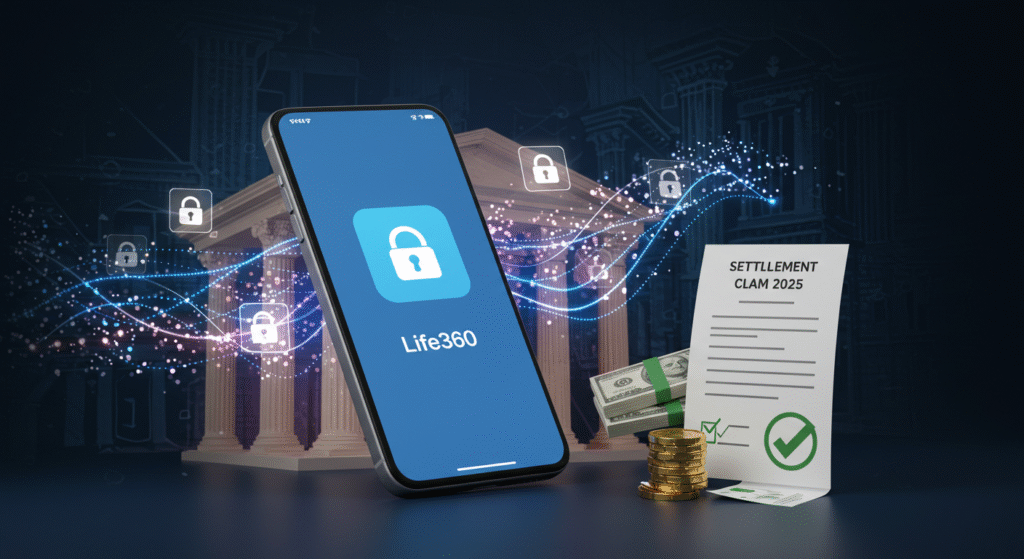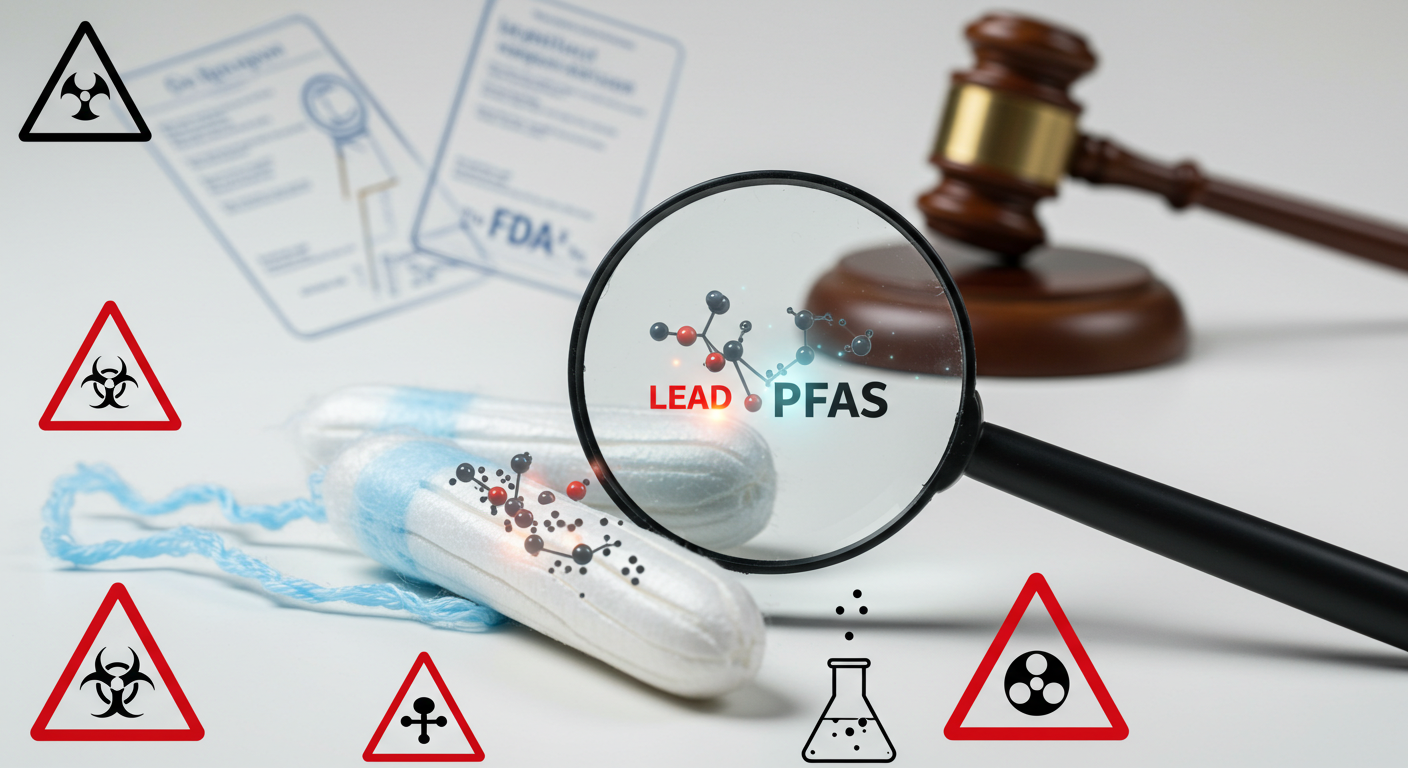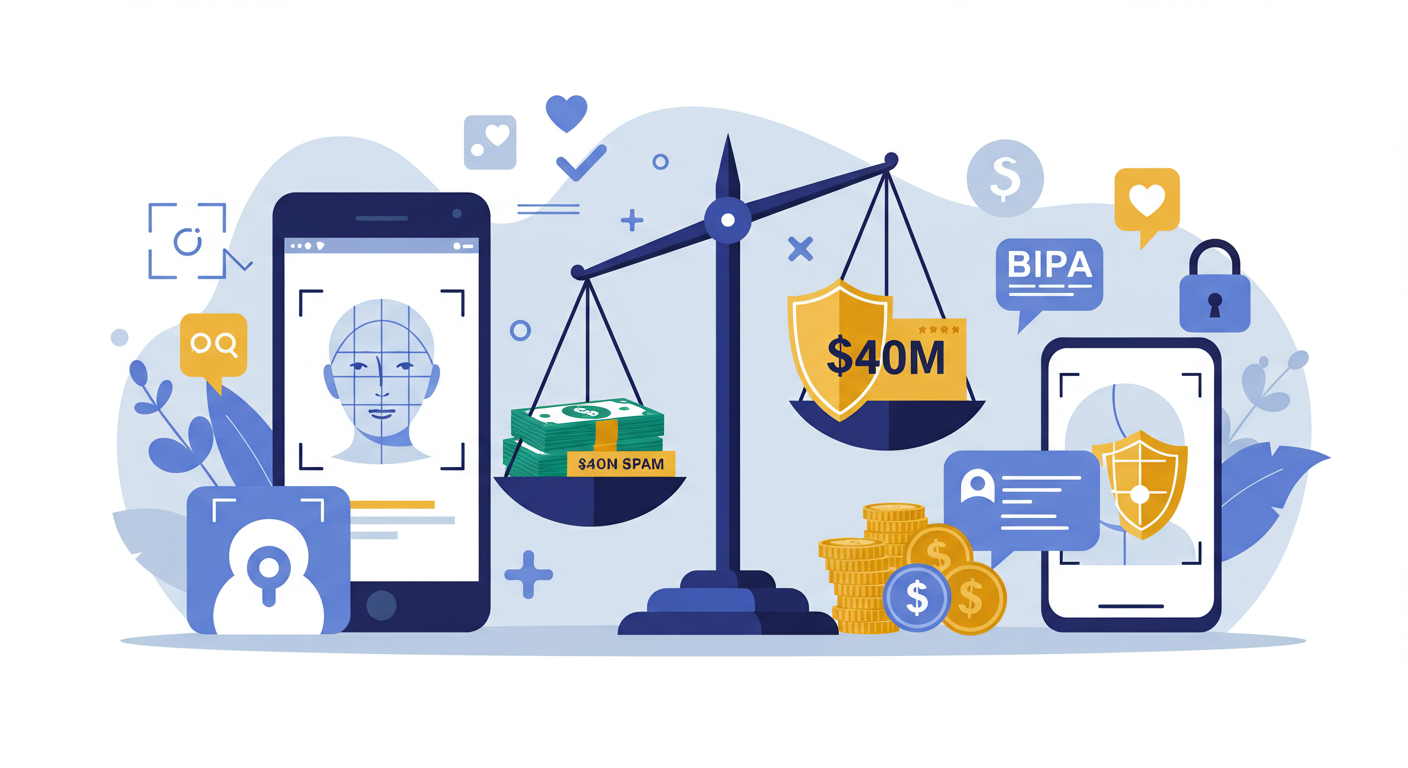Introduction
Do you use the Life360 app to see where your family is? It’s great for parents to check on kids or keep families connected. But in 2025, people found out Life360 shared their private info without asking. This started a big Life360 class action lawsuit. Now, you might get money back through a settlement.
I’m Orland Howell. I’ve spent four years writing about lawsuit settlements in simple words. I’ve explained cases where apps misuse people’s info. In this guide, I’ll make the Life360 lawsuit claim easy to understand. You’ll learn what happened, who can join, how to file, and how much money you might get. No hard words—just clear facts.
The Life360 class action lawsuit 2025 is about privacy. The app shared location data with companies like insurance firms without telling users. If you used the app in 2023 or 2024, you might get money. Keep reading to learn how.
What Is the Life360 Lawsuit About?
Life360 is a free phone app. It shows where people are in real time. Families use it to stay safe, like checking if kids got home. But there was a problem: the app shared users’ info without telling them.
The issue was with a company called Arity, owned by Allstate Insurance. Arity put secret software in Life360 to track how people drive—like their speed and where they go. This info was sold to insurance companies, which could raise car insurance costs. Users didn’t know or agree to this.
In January 2025, the Texas Attorney General sued Allstate and Arity. They said millions of users had their data taken without permission. Life360 was part of the lawsuit because its app allowed this. A mom in Florida also sued because her kid’s data was shared.
These are class action lawsuits. That means one case covers many people hurt the same way. The Life360 lawsuit says the company broke privacy laws by not telling users their info was shared. Sharing kids’ data was especially wrong.
By mid-2025, a settlement was made. The case isn’t fully done in court, but you can file a claim now to get money for the privacy issue. I’ve followed cases like this, and I think this settlement helps users. It makes apps be honest about data.
Why does this matter? Your phone has private details about your life. Sharing them without asking is wrong. This lawsuit pushes for better rules.
Background: How Did the Life360 Lawsuit Start?
Life360 began in 2008. By 2025, over 50 million people used it. Parents like it to watch teens drive or get alerts if someone’s late or in an accident.
In 2021, news reports said Life360 sold exact location data to data brokers. These brokers sell info to advertisers or insurers. The app made up to $6 million a year this way. People were upset.
Lawsuits started in 2023. A Florida family sued because their kids’ data was shared without permission. In March 2024, things got worse when hackers stole names, emails, and phone numbers from 442,000 users due to a security problem.
In 2025, Texas filed a big lawsuit. It included Life360 and apps like GasBuddy. The lawsuit said Arity paid apps to collect driving data, which helped insurers raise rates unfairly.
Life360 stopped sharing data in 2023 after people complained. But lawsuits said the harm was already done. The class action covers U.S. users and is in a California court, case number 3:23-cv-00168.
I’ve written about settlements for years. These cases take time, but 2025 brought progress. Law firms like Labaton Keller Sucharow help people file claims through arbitration, which is faster than court.
This history shows why the Life360 lawsuit claim matters. Users want their voices heard.
Who Can Join the Life360 Settlement?
Not everyone can get money. You need to fit certain rules. Here’s who can join, in simple words:
You can file a claim if you:
- Used the Life360 app on your phone.
- Used it from January 1, 2023, to December 31, 2024.
- Live in the U.S., including all 50 states and Washington, D.C.
- Let the app use your location, which most people do for tracking.
You might get more money if:
- Your data was sold to Arity or other companies without your okay.
- Your car insurance went up after using the app.
- Your info was stolen in the 2024 data breach (names and emails).
Parents can file for kids under 18 who used the app.
Where you live matters. States like California, Texas, Florida, New York, and Illinois have strong privacy laws. People there can get $500 to $1,000 by law. Other states might pay less, depending on proof of harm.
For a basic claim, you don’t need much proof—just show you used the app. Check your app store history or take screenshots.
I’ve seen people miss out because they didn’t check dates. If you used Life360 before 2023, you probably can’t join. If the app is on your phone now, see if you qualify.
Quick tip: Check your phone’s settings. Look for Life360 in your apps list.
How Much Money Can You Get?
The money you get depends on your case. There’s no set total fund yet, as claims are handled one by one, often through arbitration.
You could get:
- Basic claim: Up to $500 in states with good privacy laws for the privacy violation.
- With proof: Up to $1,000 or more if you show harm, like time fixing identity theft from the 2024 breach.
- Higher amounts: In states like California or Texas, $750 to $1,500 with strong proof, like papers showing higher insurance costs.
Experts say $500 is common for simple claims. The total settlement amount isn’t public yet.
Things that increase your money:
- Using the app a long time, as more data was shared.
- Having a family plan with multiple users.
- Being part of the 2024 data breach.
You might owe taxes on the money, so save 20-30% for taxes.
I’ve covered settlements for four years. In data privacy cases, most people get $200 to $600. Some get paid fast, others wait a year. Be honest when filing—courts check for fake claims.
How to File a Life360 Lawsuit Claim: Step-by-Step
Filing is simple. You don’t need a lawyer to start. Here’s how to do it:
Step 1: Check if You Can Join
Look at the rules above. Check your app history in the Google Play Store or Apple App Store to see when you used Life360.
Step 2: Get Your Info Ready
You need:
- Your full name and address.
- Your email and phone number.
- Proof you used the app, like screenshots of the app, family circles, or emails from Life360.
- The state you live in, as it affects the money.
Step 3: Pick How to File
You have two ways:
- Arbitration: This is faster. Go to websites like Lantern by Labaton Keller Sucharow and fill out their online form. They help for free and only get paid if you win.
- Class Action: Join the lawsuit through firms like Keller Rohrback by sending info on their website.
Step 4: Send Your Claim
- Online: Visit sites like life360.janove.law or krcomplexlit.com. Answer questions about how you used the app.
- By mail: If a settlement website exists, print and send the form.
- Deadline: Probably the end of 2025. File soon so you don’t miss it.
Step 5: Wait and Check
You’ll get an email saying your claim was received. Check its status online. If approved, you’ll get money in 3 to 12 months.
My tip from years of writing: Keep all your records. If your claim is denied, you can send more proof. Law firms help for free, so you don’t pay upfront. A big mistake is using wrong dates, so check them carefully.
Common Questions About the Life360 Settlement
People ask me questions a lot. Here are the top ones, answered simply:
Does it cost money to file?
No, it’s free. Law firms only get paid if you win.
What if I deleted the app?
You can still file if you used it in 2023 or 2024. App store records can show this.
Can I file for my family?
Yes, one claim per person. Parents can file for their kids.
Will filing change my insurance?
No, filing is private and won’t affect your insurance.
Is there an official website?
Use trusted sites like lantern.labaton.com/case/life360 or classaction.org. Watch out for scams—real sites don’t charge to file.
What’s the difference between the data breach and data sale?
The 2024 breach was hackers stealing names and emails. The data sale was Life360 sharing location and driving info. Both are part of the settlement.
I’ve answered these in my work to make things clear. Honest info helps you trust the process.
What Happens After You File?
After you send your claim, here’s what happens:
- Review: It takes 1 to 2 months to check your info.
- Approval: You’ll get an email saying if your claim is okay or not.
- Payment: If approved, you get a check or bank deposit. Check your claim’s status online.
If a big settlement happens, the money might be split among everyone. Arbitration usually gives fixed amounts per person.
Life360 might improve its rules, like being clearer about data sharing. I’ve seen settlements make companies change for the better.
Conclusion: File Your Life360 Claim Now
The Life360 settlement claim for 2025 is your chance to get money for shared data. If you used the app in 2023 or 2024, check if you can join today. Follow the easy steps above. You could get $500 or more, especially with proof. Don’t wait—deadlines are coming. To stay safe, check app permissions often.
Disclaimer
This article gives general information about the Life360 settlement claim for 2025. It is not legal advice. Laws and settlement details can change. Always talk to a lawyer or check official sources, like court websites or law firm pages, for advice about your situation. No promises are made about getting money or other results. The information is based on public records available as of September 28, 2025, and is written by Orland Howell.
Explore More:
Everything Breaks TCPA Class Action Settlement: how to claim $36–$144 (deadline & steps)

Orland Howell is a seasoned content writer with four years of deep expertise in crafting compelling and informative content about lawsuit settlements. With a keen understanding of legal nuances and a talent for translating complex topics into clear, engaging narratives, Orland helps law firms, legal professionals, and clients communicate effectively. His work spans blog posts, articles, whitepapers, and website content, all designed to educate, inform, and drive results. Passionate about empowering audiences with knowledge, Orland combines precision, creativity, and industry insight to deliver content that resonates and builds trust.






